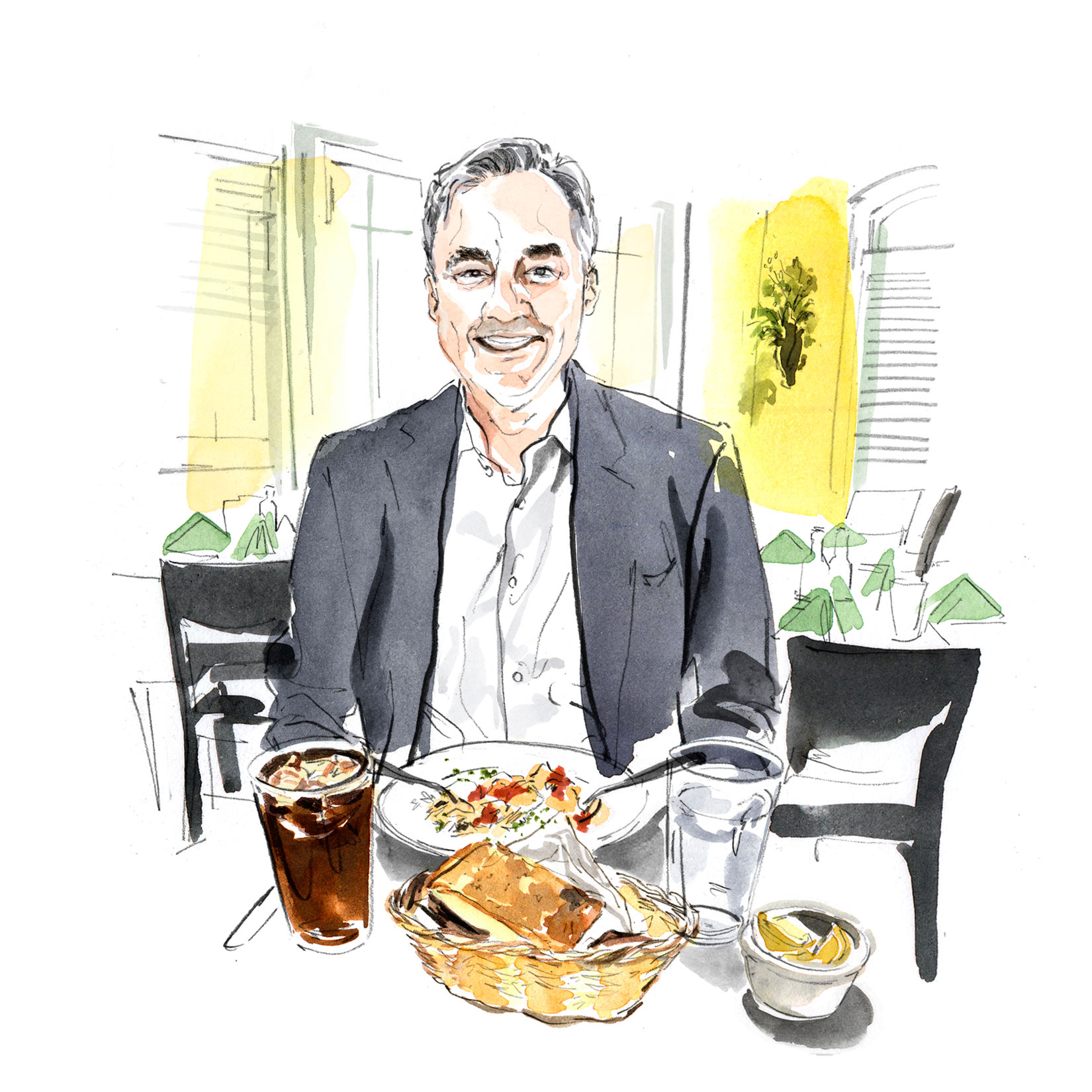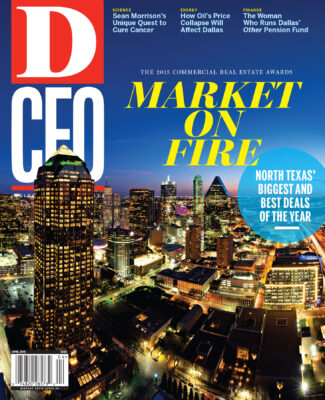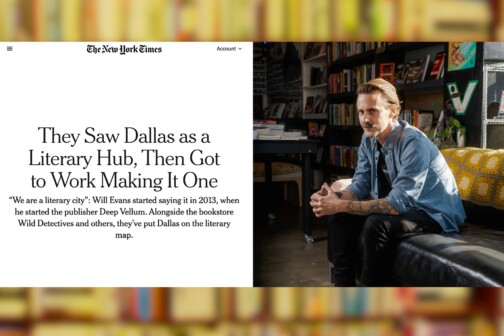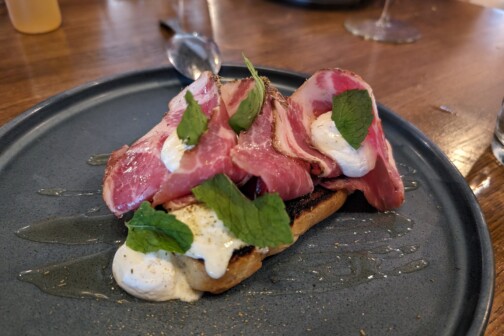Here I am, talking about childhood obesity with the head of Frito-Lay, a company that sells more than $1 billion a year in snacks. It is a corporation that has pumped dangerous and delicious sugars, salts, and fats into America’s arteries for more than eight decades. He’s telling me that he knows it’s a serious problem—“a global challenge,” actually—and that he wants to help.
“We want to be part of the solution for society,” Tom Greco says. “What’s going on right now just fundamentally isn’t working. You know, you’ve got all these different approaches to obesity, but if we keep going the way we’re going … ” He pauses to parse his words.
I go ahead and finish his thought: “At some point we’re going to be like the people at the end of WALL-E,” I say, referring to the Pixar movie about a future where humans have evolved into helpless fat gelatinous masses, barely capable of physical activity.
“Exactly,” Greco says. “It affects too much. The healthcare costs, the academics. So that’s why we deliberately get involved with the community.”
The obesity issue presents quite a paradox. It’s where American greed meets American gluttony.
He’s telling me all of this at Trattoria al Giardino in Frisco, down the road from Frito-Lay’s Plano headquarters. We each have a warm bowl of pappardelle al pomodoro, a delicate, wide noodle served with a light tomato sauce. Over salads we talked about his background, growing up in Canada, and his first few years out of college at Procter & Gamble. When he was a kid, he was an athlete, and he wanted to be involved with the business of sports. He wanted to be an agent or a general manager. He figured he’d get a few years of corporate training and then transition over, but he never did. On the day we meet, though, he has just returned from Arizona, where he was in a suite for Super Bowl XLIX.
As he talks, Greco tends to slip into stretches of jargon-filled corporate-speak. On the topic of Doritos Locos Tacos, he talks about “ideating” with Taco Bell, and how “the product hit all the velocity thresholds” during initial market tests. (He also points out that, for all the hassle involved in development, they’ve sold more than 1 billion Doritos tacos—which probably doesn’t help the country’s health problems.)
The obesity issue presents quite a paradox. It’s where American greed meets American gluttony. Of course, the more Greco talks about how people aren’t exercising, the less he has to talk about the nutritional makeup of his own products. So playing the glib devil’s advocate, I point out that if he really wanted kids to be healthy, he could just stop selling them chips and soda.
“Totally,” he says. “Life’s about choices. We provide choices to our consumers. … There are people out there who are going to drink beer. They’re going to make that choice. Or they’re going to eat a chocolate bar. Or have some ice cream. Or a bag of Lay’s. There’s nothing wrong with any of those choices, in moderation obviously.”
For Greco, it’s all about the balance of corporate profitability and social responsibility. “We feel like we can do both,” he says.
So they’re constantly reformulating, reducing sodium and calories where they can. And they’re giving both money and attention to causes that encourage outdoor activity and healthy lifestyles, to get consumers to be more mindful of their “calories out” versus their “calories in.” He knows American indulgences might be lucrative in the short-term, but he can’t sell snacks if his customers are dead.
“To be blunt,” he says, “from our vantage point, if we don’t play a role in getting people to be more focused on calories out, we’re going nowhere.”







